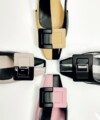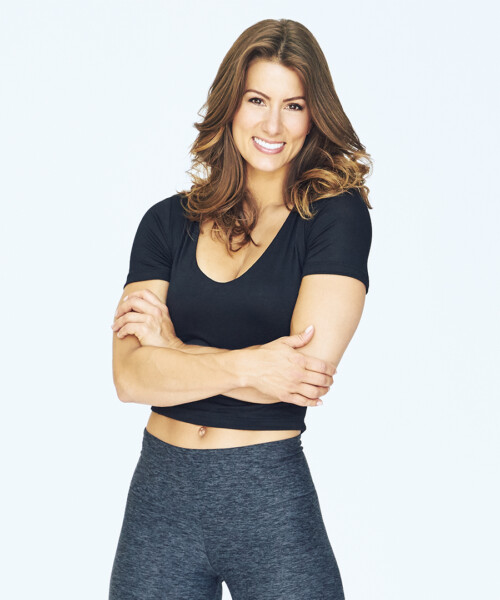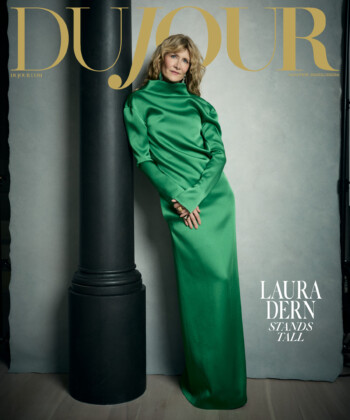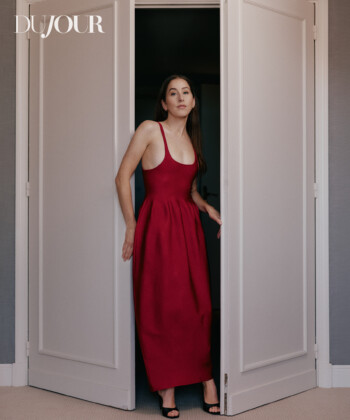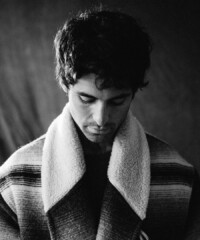Jen Widerstrom shows no signs of slowing down after two seasons on NBC’s Biggest Loser. In fact, one of the hit weight loss show’s newest stars is heading into a year chockfull of new and exciting projects. On the edge of her first book release, as well as a tenacious desire to continue sharing her fitness expertise, the Midwesterner has now turned her attention to one vital discovery, one which she outlines in her newest book, “Diet Right For Your Personality Type,” set to release February 2017: weight loss has less to do with what diet fad you’re subscribing to (this week) and more to do with your sense of humor. Let us explain.
Born and raised in Downers Grove, Illinois, Widerstrom led an active lifestyle from an early age. She trained in gymnastics and was a Division 1 hammer thrower at the University of Kansas, but upon reflecting on her relationship with fitness, her motivations for movement back then were purely for performance. Fitness was a way to secure a scholarship in college and do things like eat whatever she wanted – like two Chipotle burritos in a row because one didn’t quite do the job. “I didn’t think about what I was doing for the way I felt. I just wanted to throw far. I just wanted to do well.” Fast forward to a quick stint in 2008 as “Pheonix” on NBC’s revival of the 1989 fitness competition classic, American Gladiators, and Widerstrom decided to be as healthy as she looked. “I realized, when I’m not moving and when I eat shit, I’m kind of cranky. I’m kind of a jealous girlfriend. I have more anxiety. I’m not sleeping well. I’m not motivated. And I didn’t like who I was.”
Sense of humor aside, as Widerstrom more accurately phrases it, “bodies are one thing, but our brains and our psychology and our behavior are complete others.” It’s a realization that came after working one-on-one with contestants on Loser, which is how she refers to the TV show, like one does with a dear friend who’s name they’ve shrunken out of fondness and familiarity. “To get to sit with these contestants every day, hour by hour, and the emotional shit that happens with the pounds you shed,” Widerstrom continued, “It just armed me with so much information and experience.” Widerstrom knew there had to be holes in existing weight loss education, buried in the depths of endless hoards of diet regimes and motivational blogs that saturate the industry of weight loss in America.
In her search to pinpoint the incongruity, and in witnessing how each Biggest Loser contestant uniquely interacted with the program, Widerstrom became enlightened to the possibility that weight loss might have a lot more to do with one’s personality than has been previously reported. Unlike what has been traditionally taught, Widerstrom found five core personalities that impact the way we eat and workout. There’s the “Organized Doer, the Everyday Hero, the Rebel, the Planner, and the Never-Ever.” As she went on to explain, “What I want people to finally do is stop looking outside themselves for answers. Identify who you are and elevate your awareness around those behavior traits.” Her forthcoming book lays out those personality-types, and gives a detailed four-week plan to losing weight based on what makes an individual unique.
Following Widerstrom’s four-week guide won’t just guarantee weight loss, but also self-discovery. That’s something that can be applied to any facet of life, including travel, which the fitness star is set to do a lot of when she embarks on her book tour this month. Regardless, jetting across the country (and world) is something familiar to Widerstrom; she has done service trips to Rwanda, Kenya and Malawi and visited American troops in places like Kuwait, Iraq and Korea’s Green Zone. In that respect, as she explained, travelling is simply something you must do, just like brushing your teeth and working out. “It’s that kind of widened perspective,” she says about the impact her journeys have had, “Not just on the world and gratitude and stuff like that, but also on yourself.”
Main Image: The Riker Brothers



